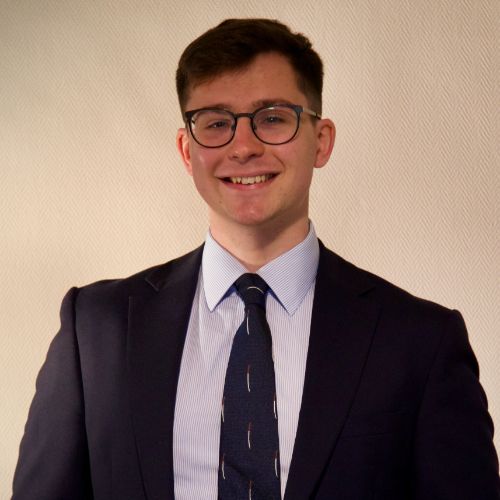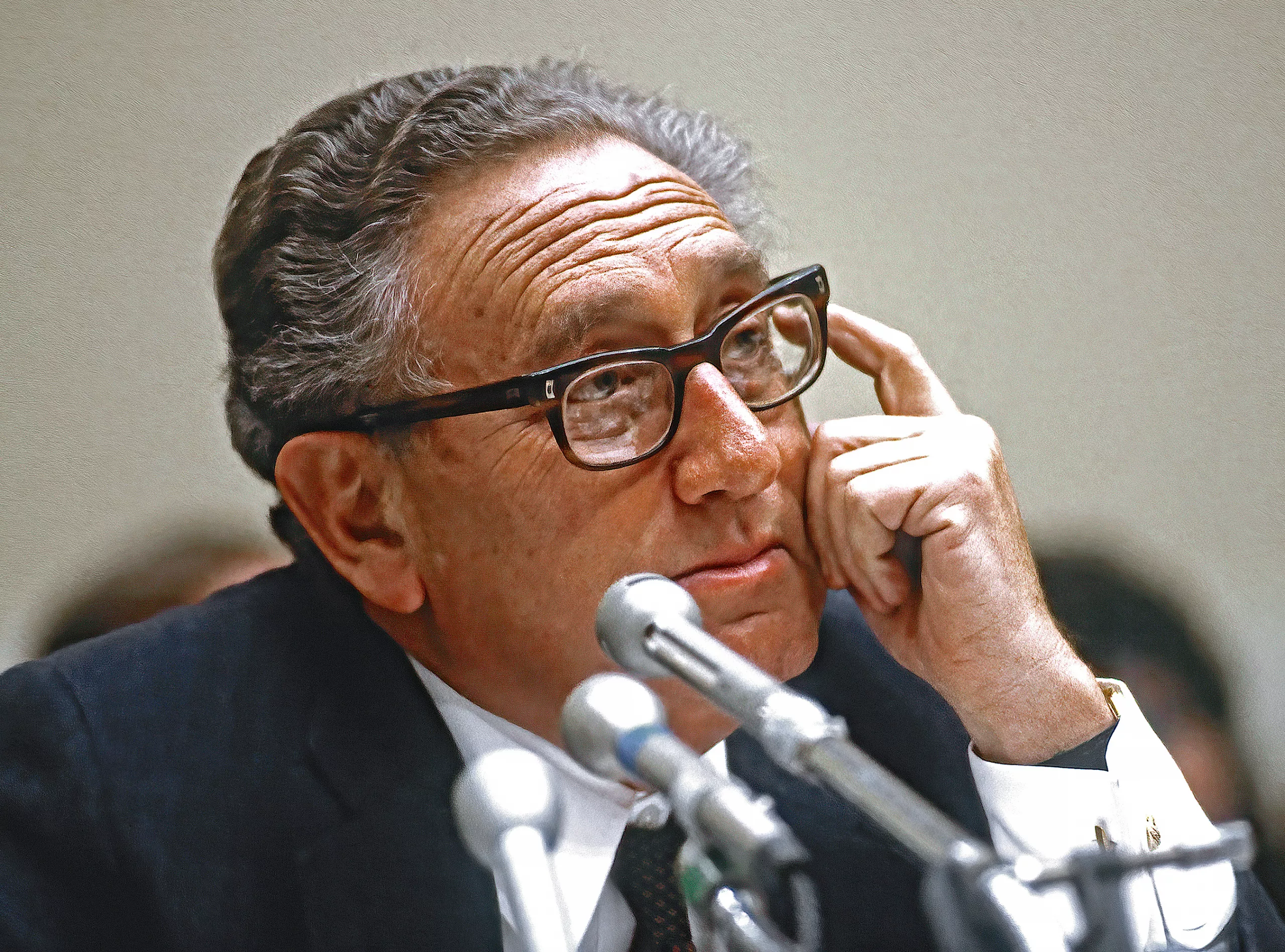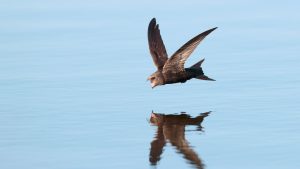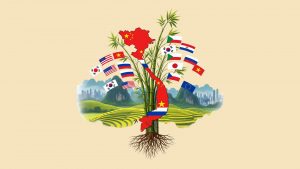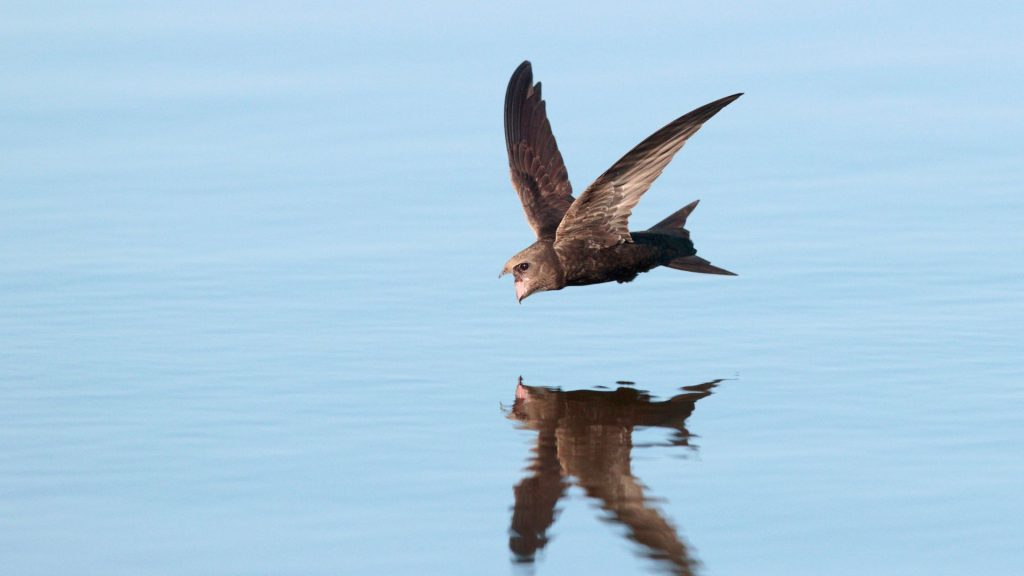On 9th July 1971, America’s top diplomat disappeared from a routine conference in Pakistan. Henry Kissinger was feeling unwell, his aides said and had gone back to his hotel to rest. In fact, he was already onboard a Pakistani jet, flying northwest over the Himalayas on a secret mission to make one of the boldest gambits in twentieth century diplomacy. He was going to Beijing.
The trip had been a long time coming. In the early 1970s, the US refused to recognise the People’s Republic, and had no formal relationship with China, or any direct method of communication: at American insistence, China was locked out of international organisations like the UN. There had been no American diplomats on the ground since 1949, and very few Americans had visited in the interval: the journalist Edgar Snow, a handful of defectors, and – famously – the national ping-pong team. But President Richard Nixon was keen to re-open relations with the world’s largest country and had chosen Kissinger, his national security advisor, as point-man. Overtures had been made through the Pakistani, Romanian and French embassies, all of whom maintained steady relations with China, and a meeting was arranged in the utmost secrecy.
Landing in Beijing, Kissinger was whisked by a special motorcade to the leadership compound at Zhongnanhai, abutting the Forbidden City. At the Diaoyutai State Guesthouse – a place he would come to know well – he was introduced to Zhou Enlai, the Chinese premier and deputy to Chairman Mao. Zhou (briefly a student in Edinburgh, decades before), rose to shake hands with the garrulous German-born American Secretary of State before both settled onto comfortable armchairs. The premier spoke first, offering Kissinger some cigarettes. The American didn’t smoke.
Over the next two days, the two men talked late into the night. In a private cable back to Nixon, Kissinger wrote that his discussions in Beijing were ‘the most searching, sweeping and significant discussions I have ever had in government’. The Chinese, he continued, were ‘tough, idealistic … single-minded and remarkable people’ – but they were willing to do business.
Late on his last night in Zhongnanhai, Kissinger and Zhou struck a deal. The US would finally recognise the PRC, and drop its veto on China’s membership of the UN. The two powers would move beyond their Cold War stand-off, and resume limited trade and co-operation. In doing so, Kissinger had achieved his ultimate aim: by normalising relations with China, the US had deftly outmanoeuvred the USSR and made huge strides in defusing tensions and achieving global detente. If it wasn’t peace, strictly speaking, it was far better than confrontation. But marking such a momentous occasion demanded something a bit grander. So, the two governments agreed, early next year Nixon would fly to Beijing and meet Mao himself. Writing back to Washington, Kissinger kept one eye on the long-term consequences of his mission. ‘We have laid the groundwork’, he told Nixon, ‘for you and Mao to turn a page in history, the process we have started will send enormous shock waves around the world’.
An extraordinary life
A high-stakes secret mission to re-open relations between the world’s superpowers – that in effect fired the starting gun for China’s astounding return – would be the undisputed summit of most people’s careers. But Henry Kissinger was just getting started. The former Secretary of State turned globetrotting advisor, author and elder statesman, who has died aged 100, had one of the more dramatic – and controversial – lives of the later twentieth century.
Perhaps it’s an impossible task to try and distil it into a short article. Kissinger shaped American foreign policy for generations, and in the 1970s, few world events escaped his attention – or his involvement. Although he was only in office between 1969 and 1977, he dodged later obscurity and became a respected authority on world affairs, while his consulting work made him a wealthy man. A formidable scholar, he mastered a dizzying range of subjects, from nineteenth-century European diplomacy to nuclear strategy. Even in his late nineties, he was sufficiently engaged to co-write a book on artificial intelligence, and just this year published a study of leadership in history.
Kissinger embodied paradox. He was a hard-headed, unsentimental man, and icy prophet of realpolitik – the belief that states must ruthlessly pursue their own interests without idealism – who was also a great wit, sparkling conversationalist, and bon vivant, who spent his nights off – between marriages – at trendy New York nightclubs, with a rotating cast of actresses and models. (‘Power’, he quipped, ‘is the ultimate aphrodisiac’). He was a proud American who never lost his heavy German accent, and represented a hard-edged cynicism often at odds with America’s inherent idealism. He won the Nobel Peace Prize for his work ending the Vietnam War, but two of the nominating committee resigned in protest – and the war carried on anyway.
These paradoxes were part and parcel for a man who was keen to imagine himself as a historical figure in his own right. He often saw himself in the men he had studied as a young academic: although Kissinger idealised Klemens von Metternich, the gruff Austrian diplomat who had stitched Europe back together after the Napoleonic Wars, ensuring a century of peace, he perhaps better resembled his smooth-talking French contemporary Charles-Maurice de Talleyrand, the ultimate political survivor, who seamlessly transferred his loyalties from Robespierre to Napoleon to the Bourbons by remaining indispensably clever. Others compared him – often lazily but sometimes accurately – to Niccolo Machiavelli, a fellow advisor to princes now more caricatured than properly understood. But just who was this remarkable man?
From Germany to the White House
Heinz Alfred Kissinger was born in 1923 to a middle-class Jewish family in Würth, a middling town in Bavaria. Fleeing the Holocaust as a young man, he arrived in New York, becoming an American citizen and changing his name to Henry. He had settled into a quiet, respectable life as a trainee accountant when, aged 20, he was conscripted into the US Army. Quickly moved into counterintelligence, he returned to his native Germany in the uniform of his new country, where he rounded up and interrogated former Gestapo officers. Early exposure to the murky world of intelligence work did much to shape his philosophy, while the war years changed his life. Without this diversion into service, Henry Kissinger would have, like most of us, passed unnoticed in history. But after it, he was destined for greater things.
After demobilisation, accountancy had lost its sheen, and he went to Harvard, where soon a glittering academic career beckoned. He took three degrees in quick succession – focusing on Metternich, naturally – and became one of Harvard’s youngest professors, establishing a public profile in the late 1950s by arguing that nuclear wars were winnable. Establishing himself as a strategist, he took on work for the federal government, consulting for the Joint Chiefs of Staff and the National Security Council. With friends in the right places, it wasn’t long before politicians began to notice him.
Joining the unsuccessful presidential campaign of Nelson Rockefeller, Kissinger jumped ship to work for a man he had at first underestimated, but who would ultimately be the making of him: Richard Nixon. After Nixon – a brooding, conflicted, almost Shakespearian character – won the presidency, he made Kissinger his national security advisor. With a talent for court politics, Kissinger soon outmanoeuvred William Rogers, the actual Secretary of State, to become Nixon’s de facto top diplomat and foreign affairs supremo. (He would officially take over Rogers’ job in late 1973, but had by then been doing it for years anyway).
The next few years were a whirlwind of activity, as he crisscrossed the world on Nixon’s behalf – and sometimes, it seemed, his own. We could hardly do them justice here; just describing it for his autobiography took Kissinger four thousand pages over three enormous books, while his official biographer, Niall Ferguson, still came in at nearly two thousand pages for his ‘compact’ account. From Chile to Israel, Kissinger found himself tied up in the great events of the day. He put his flair for strategy to good use and often spoke as if he were playing chess with the fate of nations.
His years with Nixon were marked by a series of huge American foreign policy successes. Not only were relations with China re-established, but Kissinger was also central in planning Nixon’s equally momentous trip to Moscow, establishing the decade of detente. Beyond this, he coined the term ‘shuttle diplomacy’ to describe his work in the Middle East, trying to bring an end to the Yom Kippur War. Finishing off an extraordinary run, Kissinger also negotiated an end to American involvement in the war in Vietnam, even if fighting continued nonetheless. There were, of course, scandals – Kissinger appears to have been behind Nixon’s decision to ramp up the secret bombing of Vietnam, Cambodia and Laos to strengthen America’s negotiating position, and he was later accused of turning a blind eye to atrocities in Indonesia and Bangladesh to preserve American strategic interests. But for nearly five years, Kissinger was riding high.
In 1973, as Nixon’s presidency imploded under the strain of the Watergate scandal, Kissinger reached an unprecedented level of power. Nixon, shambling through a crisis of his own creation, was paying less and less attention to foreign affairs, allowing Kissinger to step up. During the Yom Kippur War, which he and the others in Nixon’s foreign policy team saw less as a regional crisis and more as an immense game of chicken with the Soviet Union, Kissinger – concerned that Nixon might order a nuclear strike in a fit of rage – bypassed him entirely and stood US nuclear forces on high alert, warning senior officers to only obey orders from him or Rogers, and not from the President – something utterly out of his remit as an advisor. But Kissinger was a risk-taker, and a firm believer in both the necessity of action and the flexibility of laws and structures wherever they impeded strategy. The gamble paid off.
Unlike many of Nixon’s top men, Kissinger managed to wash his hands of Watergate and carried his work over into the Ford administration unscathed. He handled foreign affairs competently, shifting focus to Latin America, where the United States controversially propped up a series of hardline right-wing governments, notably in Argentina and Chile. But life working with Ford – a clean-cut former athlete with a reputation for dullness – wasn’t the same as with Nixon, and Kissinger resigned from government in 1977. On leaving, Ford gave him the Presidential Medal of Freedom.
Later life
Starting out as an author and lecturer, soon Kissinger was restless, and keen to be back in the centre of the action. But government wasn’t quite enough anymore. Undeterred by heart trouble – having triple bypass surgery at 59, his condition would dog him for the rest of his life – he returned to his roots as a brain-for-hire. His consulting firm, Kissinger Associates, set a standard for discretion. It never had a website, rarely admitted who was on staff, hired by invitation only, and refused to disclose its clients. This carefully cultivated mystique did much to add to Kissinger’s post-government reputation. Whatever he was doing – and whoever for – he matured effortlessly into an elder statesman, regularly popping up at international conferences and continuing to write books at a furious pace. He shuttled back and forth to Washington, offering advice to successive governments. Ronald Reagan made him chair of a commission looking into Central American affairs, while twenty years later George W Bush appointed him chair of the 9/11 Commission Report, before he resigned, citing a conflict of interest with one of his clients. He kept working until this year, and his death was announced not by his family, but by Kissinger Associates.
Kissinger and China
But his greatest work was always with China. As one of the architects of re-opening, he had a personal interest in developing and maintaining positive relations between China and the US, and he spoke passionately on the need for mutual respect and understanding, often pushing back against American hawks who only saw threats where others saw opportunities. His level-headed realism made him popular in China, as one of the few Americans who preached a sensible approach to the world’s rising superpower. America, he often said, could not afford to antagonise or vilify China, while China itself could only be understood and engaged with on Chinese terms. A historian to his bones, he urged policymakers to have an appropriate sense of the past. China and America, although both great continental powers, were simply different. A fledgling republic that had only recently made it past its bicentennial should, he wrote, pause for a moment of humility and self-reflection before it rushed to lecture a country with 5000 years of history. China, after all, had been a unified empire with running water and modern bureaucracy when Socrates and Aristotle were still striding about Athens. Its history had led it down a different path than that taken by Europe and the US, but that should be no obstacle.
Likewise, Kissinger often said that successfully engaging with China required foreigners – policymakers, businessmen, students or tourists – to take the time to understand the Chinese perspective, to be a student of history, culture and philosophy regardless of their initial aims. The last few years of his life were marked by heroic attempts to keep the dream of Sino-American rapprochement alive, as relations deteriorated sharply under Presidents Trump and Biden. Speaking at conferences, he continued to bang the drum for level-headed engagement. Long after most American public figures had begun a race to the bottom to see who could be harshest on China, Kissinger remained a devoted friend of the Chinese people, and a rare voice speaking up for bilateral interests.
This dedication to peace led to the last great act of Kissinger’s public life, in July this year. In a conscious echo of his secret trip in 1971, he unexpectedly arrived – aged 100, and on his one-hundredth visit – in Beijing, hosted once again at Diaoyutai, where he met with President Xi Jinping and Foreign Minister Wang Yi, just as he had once met Mao and Zhou. He spoke of the need for peace and constructive cooperation and urged Americans to work with China instead of against it. His efforts, it seems, opened the way for calmer dialogue. Since July, a series of top American politicians – including Treasury Secretary Janet Yellen, Secretary of State Anthony Blinken and Governor of California Gavin Newsom – have made their way to Beijing, while Presidents Xi and Biden met last month at a summit in San Francisco. Although there is still much to do, Henry Kissinger will have died safely in the knowledge that his work and thought has begun to pay off. We can only hope that in the future, the next generation bears its lessons in mind – and builds on it.
- Sean Paterson
- Sean Paterson
- Sean Paterson
- Sean Paterson
- Sean Paterson
- Sean Paterson
- Sean Paterson
- Sean Paterson
- Sean Paterson
- Sean Paterson
- Sean Paterson

